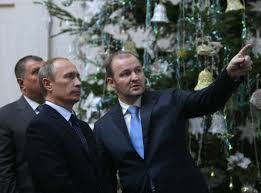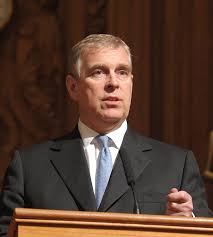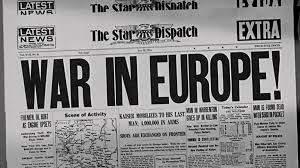Vladimir Putin: Recent Developments and Global Impact

Introduction
Vladimir Putin, the long-serving President of Russia, remains a central figure in global politics. His actions and policies not only shape Russia’s future but also influence international relations significantly. With heightened tensions between Russia and Western nations, understanding Putin’s strategies is vital for comprehending the geopolitical landscape.
Recent Developments
In the past few months, Putin has been at the forefront of various significant events, particularly regarding the ongoing conflict in Ukraine. Following the invasion that began in February 2022, the war has escalated, causing immense humanitarian and economic crises not only in Ukraine but also across Europe. As winter approaches, concerns are mounting over the impact of energy shortages and rising costs, given that Russia is a major supplier of natural gas to the continent.
Amidst the conflict, Putin’s government has faced increasing sanctions from Western countries, including the United States and members of the European Union. These sanctions aim to cripple Russia’s economy and limit its capabilities to fund the ongoing war. Despite facing economic pressure, reports indicate that Putin’s approval ratings within Russia remain relatively stable, suggesting a level of support for his leadership style amid nationalistic sentiments.
Domestic Policies and Public Perception
Domestically, Putin continues to tighten his grip on political opposition and media. New laws have been enacted to stifle dissent and promote a narrative that aligns with the government, particularly regarding the war in Ukraine. This has raised concerns among human rights organizations about the state of democracy and freedom in Russia.
Interestingly, Putin has also publicly committed to advancing Russia’s technological self-sufficiency, aiming to reduce dependency on Western technology and influence. This strategy is part of a broader effort to fortify Russia’s economic position in the face of international isolation.
Global Significance
The implications of Putin’s leadership extend far beyond Russia’s borders, affecting global security and economic stability. The conflict in Ukraine has renewed discussions about NATO’s role in Europe and has led to increased military spending among member countries. Additionally, countries like China are watching closely, as their own geopolitical strategies may be influenced by the outcomes of Russia’s actions under Putin.
Conclusion
Vladimir Putin’s influence on global politics is profound and multifaceted. As international tensions rise and domestic policies evolve, the world will continue to monitor his decisions closely. For observers and policymakers alike, understanding Putin’s motivations and actions will be crucial in navigating the complex landscape of modern geopolitics. Futures predictions indicate that Russia will either adapt and evolve under his leadership or face increasing challenges both at home and abroad.









